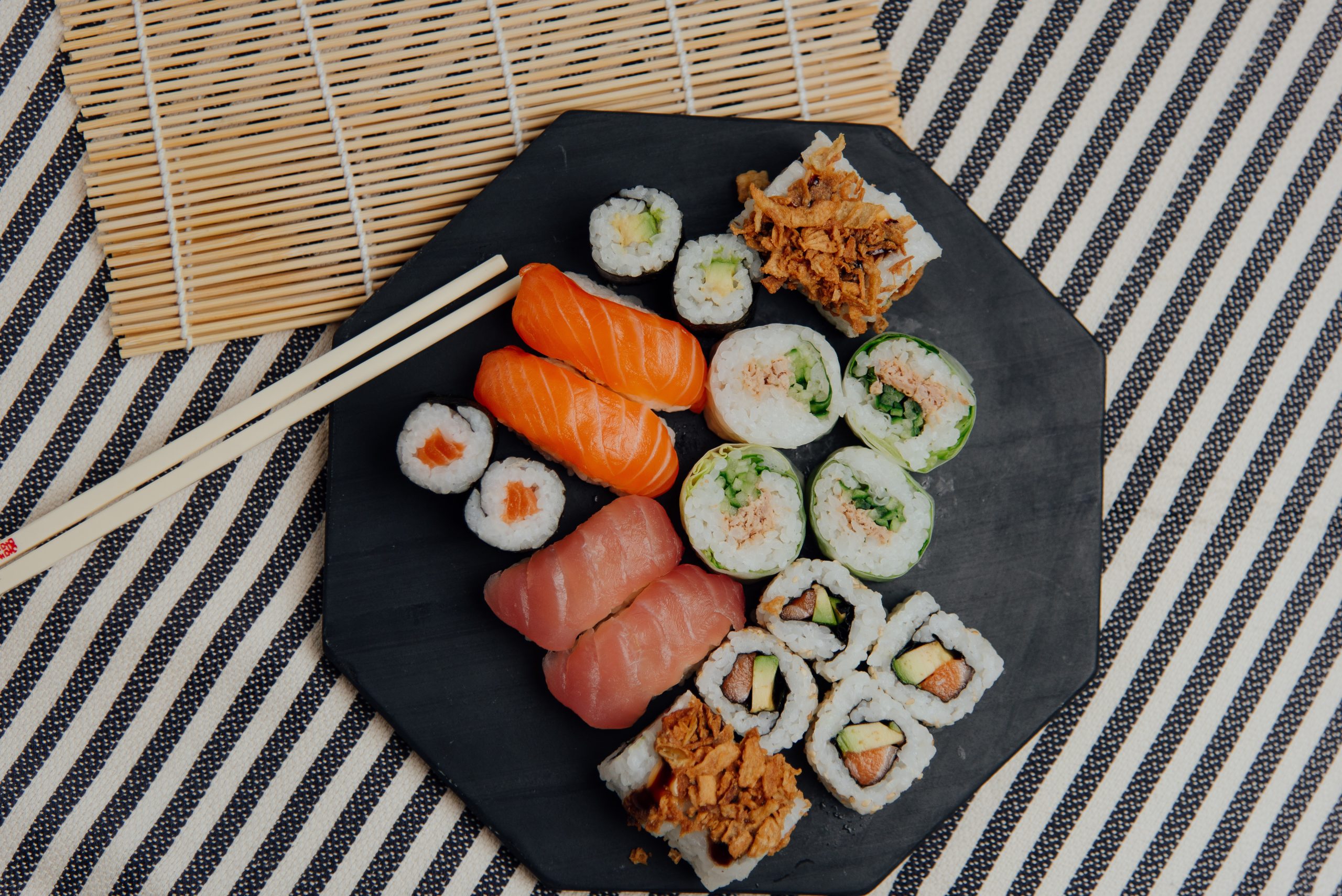How Many Products Can Be Made from Bamboo?

Bamboo, a versatile and eco-friendly material, has gained immense popularity in recent years due to its sustainability and various applications. From construction and furniture to kitchenware and textiles, the uses of bamboo are extensive and diverse. In this article, we’ll delve into the vast array of products that can be crafted from bamboo, shedding light on its versatility and eco-conscious appeal.
Bamboo: Nature’s Versatile Gift
Bamboo is a fast-growing grass known for its strength, flexibility, and sustainability. This natural resource is abundant, making it an excellent alternative to traditional materials like wood and plastic. It matures quickly, reaching its full height in just a few months, and can be harvested without causing harm to the environment.
Bamboo Products: A Glimpse into the Possibilities
- Bamboo Furniture
Bamboo is extensively used in crafting furniture, including chairs, tables, shelves, and even beds. Its strength-to-weight ratio and natural beauty make it a preferred choice for both indoor and outdoor furniture.
- Bamboo Flooring
Bamboo flooring is a popular choice for environmentally conscious consumers. It provides a durable, attractive, and sustainable alternative to hardwood flooring.
- Bamboo Kitchenware
Bamboo is ideal for creating kitchenware such as cutting boards, utensils, bowls, and more. It’s not only durable but also naturally antimicrobial, making it a safe and hygienic choice for kitchen use.
- Bamboo Textiles
Bamboo fibers can be spun into yarn and used to make soft, breathable textiles. Bamboo fabric is increasingly being used to create clothing, towels, bed linens, and even socks.
- Bamboo Paper
Bamboo can be used to make paper, providing a sustainable alternative to traditional wood pulp paper. The process of making bamboo paper is less resource-intensive and contributes to conservation efforts.
- Bamboo Charcoal
Bamboo charcoal is widely used for air and water purification due to its high porosity and absorption properties. It’s also used in beauty and skincare products for its natural detoxifying abilities.
- Bamboo Crafts
Artisans often use bamboo to create a variety of crafts, including baskets, decorative items, and musical instruments. Its flexibility allows for intricate designs and artistic detailing.
- Bamboo Building Materials
Bamboo’s strength and durability make it a viable material for building purposes. It can be used for scaffolding, roofing, and even as a structural component in some types of construction.
Chinese Bamboo: A Cultural Emblem
In China, bamboo has deep-rooted cultural significance. Revered as a symbol of strength, flexibility, and longevity, Chinese bamboo holds a special place in traditional Chinese art, poetry, and folklore. Its usage in various crafts and daily life remains a testament to its importance and versatility in Chinese culture.
Conclusion
Bamboo is a remarkably versatile and sustainable material that can be transformed into a wide range of products, from furniture and textiles to kitchenware and building materials. Its eco-friendliness and rapid growth make it a go-to choice for those seeking sustainable alternatives. Embrace the beauty and potential of bamboo, and join the movement towards a greener and more sustainable future.
FAQs
1. What Are the Common Uses of Bamboo Products?
Bamboo products have a wide range of applications, including furniture, flooring, kitchenware, textiles, paper, crafts, building materials, and even charcoal. Its versatility makes it a popular choice for both household items and industrial use.
2. Is Bamboo a Sustainable Material for Product Manufacturing?
Yes, bamboo is an extremely sustainable material. It is a rapidly renewable resource, with some species of bamboo growing up to 91 cm (36 inches) in a single day. Additionally, bamboo requires minimal water and no pesticides for growth, making it an eco-friendly choice.
3. How Durable Are Bamboo Products?
Bamboo products are known for their durability and strength. In fact, bamboo has a higher tensile strength than steel, making it an excellent material for furniture, flooring, and structural components.
4. Is Bamboo a Good Choice for Kitchenware?
Yes, bamboo is an excellent choice for kitchenware. Bamboo kitchen utensils, cutting boards, bowls, and more are not only durable but also naturally antimicrobial and resistant to stains and odors. They provide a sustainable and safe option for food preparation.
5. How Can Bamboo Flooring Benefit Homeowners?
Bamboo flooring is an eco-friendly alternative to traditional hardwood flooring. It is durable, visually appealing, and can significantly increase the value of a home. Additionally, bamboo flooring is easy to maintain and has a lower environmental impact.








